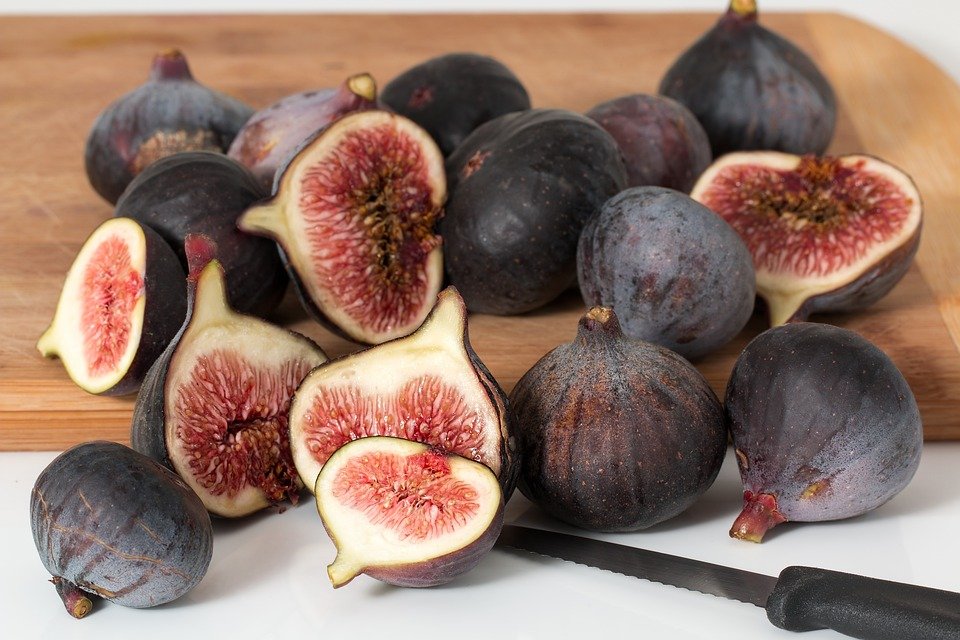Myth #1: Carbs are bad for you
One of the most prevalent myths in the health and wellness industry is that carbs are unhealthy and should be avoided at all costs. While it is true that some carbs, such as refined grains and sugars, can contribute to weight gain and other health problems, not all carbs are created equal. In fact, whole grains, fruits, and vegetables are essential sources of complex carbohydrates that provide important nutrients and energy for the body.
Carbohydrates are the body's primary source of fuel and play a vital role in brain function, muscle repair, and overall energy levels. Restricting carbs too much can lead to feelings of fatigue, irritability, and poor concentration. Instead of cutting out carbs completely, focus on choosing whole, unprocessed sources of carbohydrates, such as quinoa, sweet potatoes, and brown rice, to support your overall health and well-being.
Myth #2: Healthy eating is expensive
Another common myth surrounding healthy eating is that it is too costly for the average person to maintain. While it is true that some specialty health foods and organic products can be expensive, eating well does not have to break the bank. In fact, many budget-friendly foods, such as beans, lentils, canned tuna, and frozen vegetables, are nutritious and affordable options for those on a tight budget.
Additionally, planning and preparing meals at home can help save money and control portion sizes, ultimately leading to a healthier diet. By focusing on seasonal produce, buying in bulk, and incorporating more plant-based proteins into your meals, you can eat healthily without spending a fortune.
Myth #3: You have to eliminate all your favorite foods to be healthy
Many people believe that in order to be healthy, they must give up all of their favorite foods and stick to a strict diet plan. While it is important to limit foods high in sugar, salt, and unhealthy fats, it is also essential to enjoy the foods you love in moderation. Depriving yourself of your favorite treats can lead to feelings of guilt and frustration, ultimately derailing your efforts to eat well.
Instead, focus on incorporating a variety of nutritious foods into your diet while allowing yourself to indulge in occasional treats. By practicing mindful eating and listening to your body's hunger cues, you can strike a balance between enjoying your favorite foods and nourishing your body with wholesome ingredients.
FAQs:
Q: Is it necessary to count calories to eat healthily?
A: While counting calories can be a helpful tool for some individuals, it is not necessary to eat healthily. Instead of focusing on numbers, focus on eating a balanced diet that includes a variety of nutrient-dense foods.
Q: Are all fats bad for you?
A: No, not all fats are bad for you. In fact, healthy fats, such as those found in avocados, nuts, and olive oil, are essential for brain function, hormone production, and overall health. It is important to choose unsaturated fats over saturated and trans fats for optimal health.
Q: Can I still eat out and maintain a healthy diet?
A: Yes, you can still eat out and eat healthily. Look for restaurants that offer nutritious options, such as salads, grilled proteins, and vegetable-based dishes. Be mindful of portion sizes and opt for lighter cooking methods, such as steaming or grilling, to reduce excess calories and unhealthy fats.











